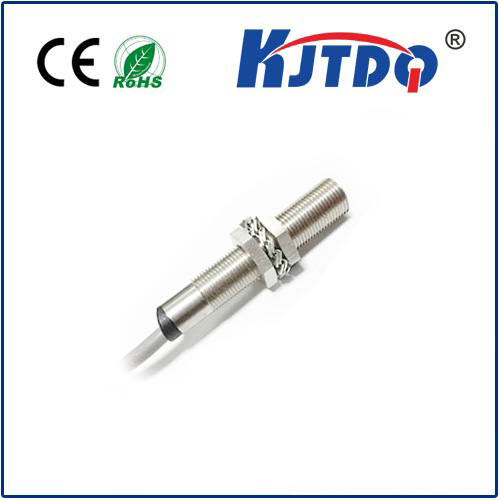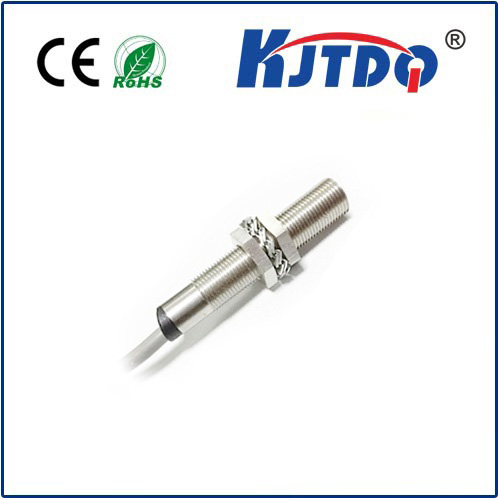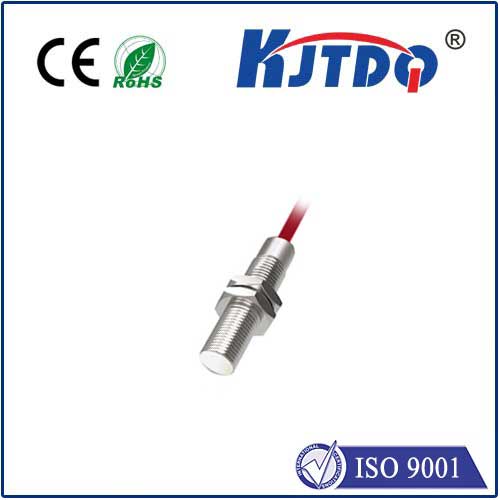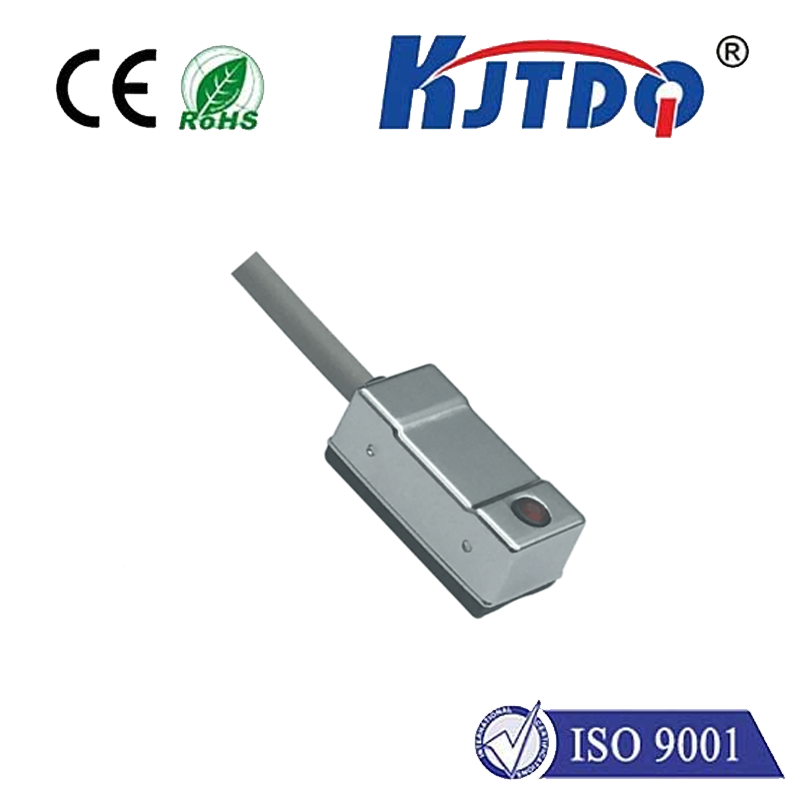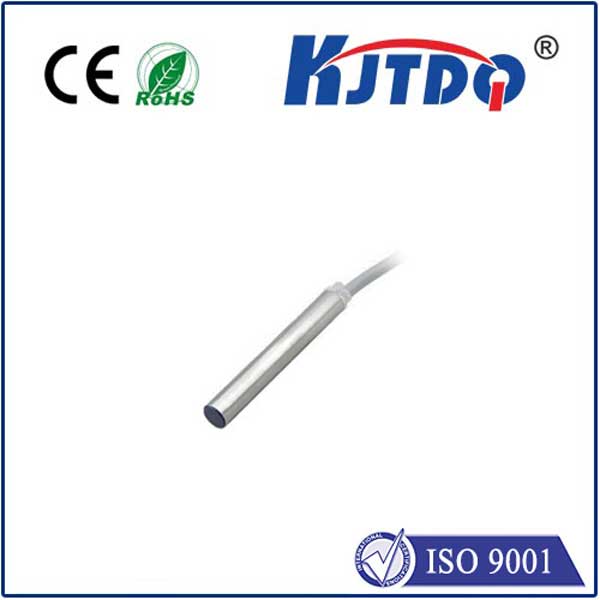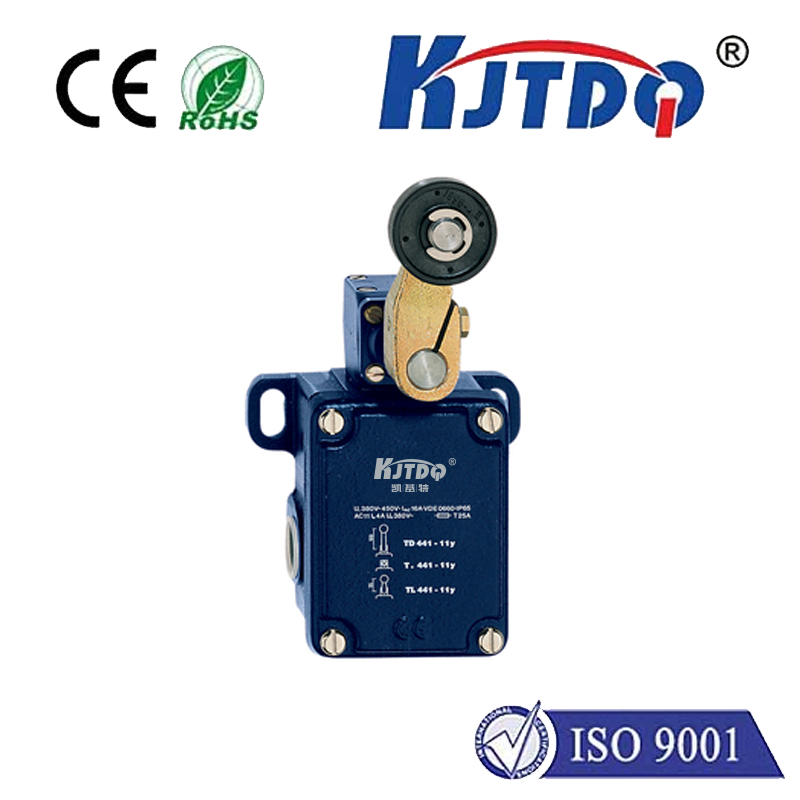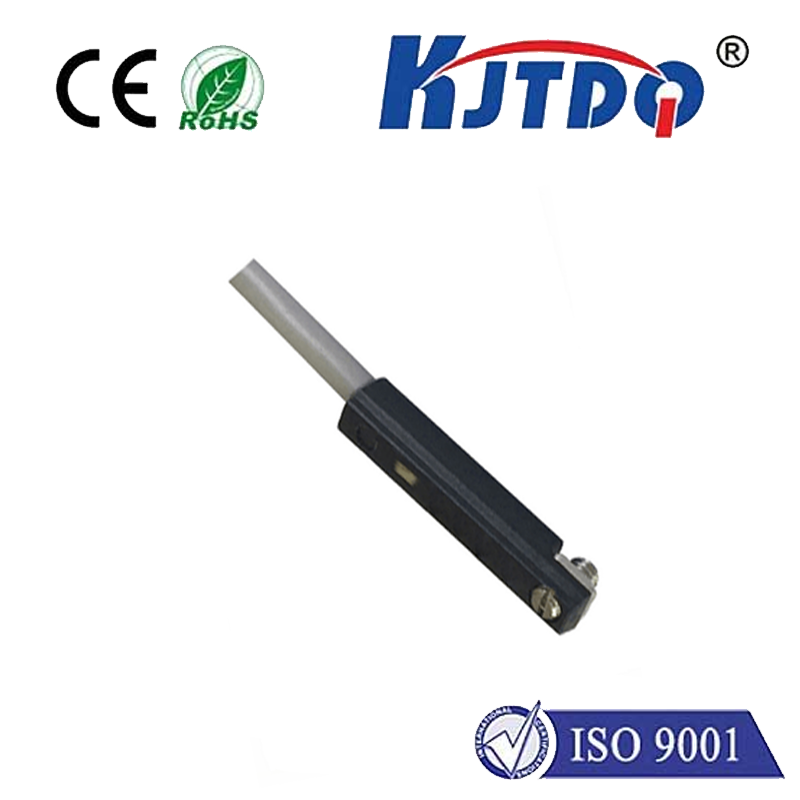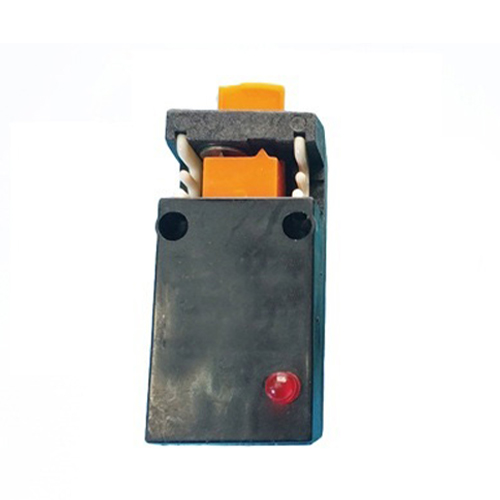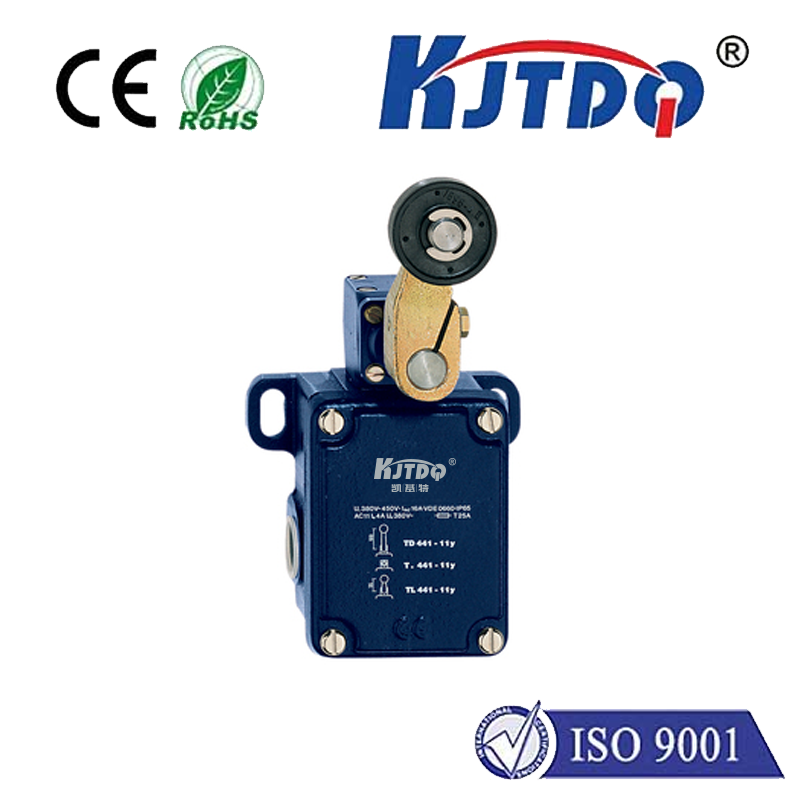

check

check

check

check

check

check

check

check

check

check
Title: Understanding Limit Switch Voltage and Its Importance in Industrial Control Systems
I. Introduction
Limit switch voltage is a critical component in industrial control systems that plays a crucial role in ensuring the safe and efficient operation of equipment. This article aims to provide a comprehensive understanding of limit switch voltage, including its definition, function, types, and importance in industrial settings.
II. Definition and Function of Limit Switch Voltage
A. Definition: Limit switch voltage refers to the electrical potential difference that acts as a switch for an industrial control system (ICS). It is typically implemented as a contactor that opens or closes when it comes into contact with the circuit.
B. Function: The primary function of limit switch voltage is to provide feedback to the control system, allowing it to detect the position of a moving part or the state of a machine. This information is used to make informed decisions about the control of the system, such as adjusting speed, torque, or other parameters. Additionally, limit switch voltage can be used for safety purposes, such as detecting when a machine has reached its limits or preventing accidents caused by misoperation.
III. Types of Limit Switch Voltage
A. Mechanical Limit Switches: These are the most common type of limit switches found in industrial control systems. They consist of a contactor that is activated by mechanical force, such as a button or lever, when it comes into contact with the circuit.
B. Photoelectric Limit Switches: These limit switches use an electronic sensor to detect when the contactor has come into contact with the circuit. They are commonly used in applications where high precision and fast response times are required.
C. Electromagnetic Limit Switches: These limit switches work similarly to photoelectric ones, but they use electromagnetic principles instead of light to trigger the contactor. They are often preferred for their robustness and reliability in harsh environments.
IV. Importance of Limit Switch Voltage in Industrial Control Systems
A. Safety: Limit switch voltage plays a crucial role in ensuring the safety of workers and equipment in industrial settings. By providing accurate feedback on the position and state of machines, they can help prevent accidents caused by misoperation or overheating.
B. Productivity: Limit switch voltage enables control systems to monitor and adjust the performance of machines in real-time, improving overall productivity and reducing downtime. This can lead to cost savings for businesses and better customer satisfaction.
C. Reliability: High-quality limit switch voltages are essential for ensuring the reliable operation of industrial control systems. They must be able to withstand extreme temperatures, vibration, and other environmental conditions to maintain accurate feedback and prevent failures.
V. Conclusion
In conclusion, limit switch voltage is a critical component in industrial control systems that provides valuable feedback on the position and state of machines. There are various types of limit switches available, each with its own strengths and weaknesses. Understanding their function and importance is essential for designing and maintaining effective control systems in industrial settings.

